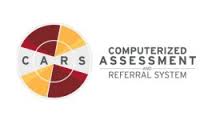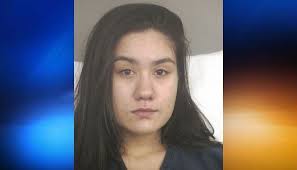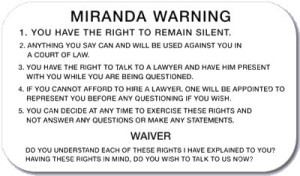A profound debate is going on in the Los Angeles DUI defense community (and the DUI community at large): What techniques and strategies work best for preventing so-called “recidivist” behavior?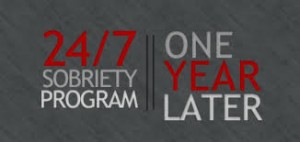
Even though the justice system can be quite punitive with respect to DUI driving, all stakeholders in the system want the same things – safer roads, fewer people killed, and drivers who strive to be safe and mindful.
Of course, authorities have tried various strategies to achieve those ends.
One common technique used to stop recidivist behavior is the so-called Interlock Ignition Device (IID). Here in Los Angeles – and other spots around the country – even first time offenders can be ordered to install IID devices in their vehicles. Basically, you cannot start your car unless you blow into a permanent breathalyzer device on your vehicle. If any alcohol taints your breath, your car won’t start.
Offenders must pay to install and maintain these devices, and IID programs bring in millions of dollars a year to various state coffers. However, there is a new type of anti-recidivism strategy — championed by the National Sheriffs Association and other groups — called “24/7 Sobriety.”
South Dakota and two other states have been using this program in place of IIDs to stomp out recidivism, and some evidence suggests that it may be quite effective. Basically, an offender must take breath tests twice a day, every day, for a duration of time. Apparently, drivers who constantly monitor their sobriety tend to be far more mindful and less likely to hop behind the wheel while over the limit.
Mike Leidholt, a South Dakota sheriff who helped to implement the first statewide 24/7 Sobriety Program, has spoken highly of the initiative “Of all the wonderful programs that sheriffs are initiating, I have not seen one that as successful in reducing recidivism, managing corrections problems, and reducing alcohol-related crashes as the 24/7 Sobriety Program.”
Meanwhile, however, the program has met stiff resistance from Mothers Against Drunk Driving (MADD). Jan Withers, MADD’s National Director, recently wrote an editorial protesting the National Sheriffs’ Association’s push for 24/7 sobriety in Florida, writing: “MADD believes that amendments allowing for twice a day testing or 24/7 sobriety programs are okay, but these programs should never replace the use of ignition interlock for a convicted drunk driver.”
While groups like MADD and the National Sheriffs’ Association hash out how to stop recidivism, it’s well worth taking time to consider the legal consequences of recidivism in the Golden State. Every time you get convicted for a new DUI (within 10 years), your punishments ratchet up substantially. You might face:
• Additional jail time;
• Additional alcohol school;
• Stricter probation terms;
• A longer license suspension.
• The elevation of a misdemeanor to a felony.
For help coming to terms with your Los Angeles DUI charges, call Michael Kraut of the Kraut Law Group Criminal & DUI Lawyers, Inc. immediately to set up a consultation with him and his team. Mr. Kraut is a former city prosecutor who bring years of successful work, great relationships, and a Harvard Law School education to help his clients succeed.
Continue reading
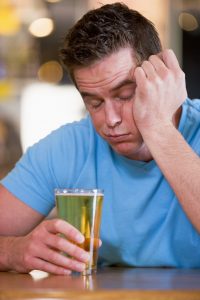 Getting arrested on suspicion of DUI is not a pleasant experience. Resisting the police, however, almost always makes a bad situation worse. As a case in point, let’s look at the recent charges against 48-year-old actor Vince Vaughn.
Getting arrested on suspicion of DUI is not a pleasant experience. Resisting the police, however, almost always makes a bad situation worse. As a case in point, let’s look at the recent charges against 48-year-old actor Vince Vaughn. Los Angeles Criminal Defense Attorney Blog
Los Angeles Criminal Defense Attorney Blog



